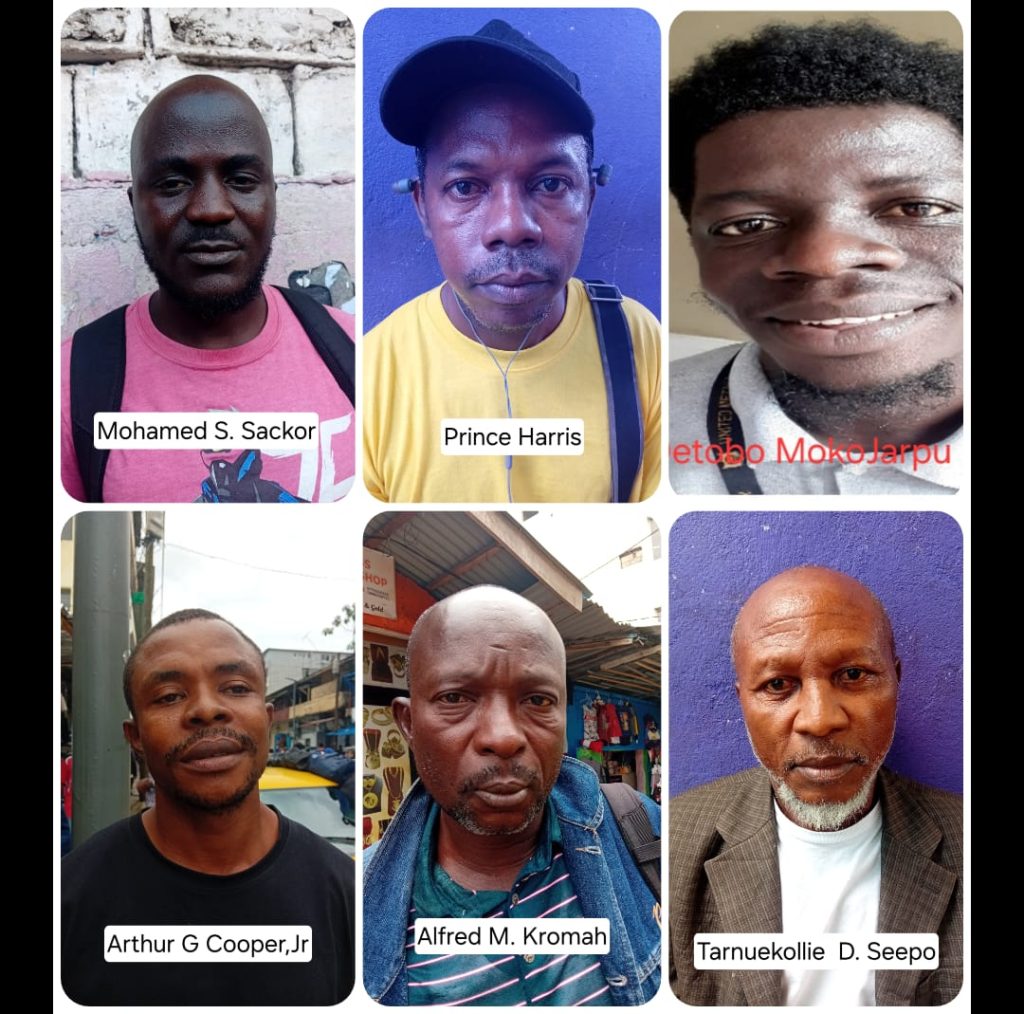The recently signed $1.8 billion railway agreement between the Liberian government and the American-owned HPX/Ivanhoe Atlantic has ignited a firestorm of controversy in Liberia, despite being lauded by the United States Embassy as a significant development. The deal, which grants HPX/Ivanhoe Atlantic rights to develop and operate a multi-user railway system in Liberia, has been met with widespread public disapproval due to the perceived lack of transparency and the exclusion of the Liberian legislature from the negotiation and signing processes. This clandestine approach has fueled suspicions of impropriety and raised concerns about whether the agreement truly serves Liberia’s best interests. The timing of the signing, coinciding with President Boakai’s departure for a meeting with US President Trump, has further exacerbated these concerns, leading some to speculate that the deal was a precondition for the meeting, suggesting potential undue influence from the United States.
The crux of the public outcry revolves around the perceived circumvention of established legal procedures. Critics argue that President Boakai’s unilateral decision to sign the agreement without legislative involvement violates Liberian law and undermines the principles of democratic governance. This perceived disregard for due process has amplified existing anxieties about potential corruption and a lack of accountability within the government. The absence of public consultation and the secrecy surrounding the deal’s specifics have further fueled distrust and suspicion. Many Liberians fear that the agreement, shrouded in secrecy, might prioritize the interests of foreign investors over the needs and well-being of the Liberian people. This sentiment reflects a broader skepticism about foreign investment deals, with some citing previous experiences with companies like Bea Mountain and ArcelorMittal, where perceived benefits to Liberia have fallen short of expectations.
The controversy surrounding the HPX/Ivanhoe deal underscores a deep-seated mistrust of government practices and a growing demand for transparency and accountability. Liberians are demanding clarity on the terms of the agreement, its duration, and the specific benefits it will bring to the country. They question whether the deal will translate into tangible improvements in the lives of ordinary citizens, addressing pressing issues such as unemployment, poverty, and lack of infrastructure. The lack of public information has created a vacuum filled with speculation and conjecture, further fueling public discontent. The perceived lack of transparency is particularly troubling in a country with a history of corruption and mismanagement of public resources. Citizens are concerned that the deal, negotiated in secrecy, might be riddled with unfavorable clauses that could disadvantage Liberia in the long run.
Adding to the controversy is the timing of the deal, coinciding with President Boakai’s visit to the United States for a meeting with President Trump. This has fueled speculation that the deal was a prerequisite for the meeting, raising concerns about potential external pressure and undue influence. Critics argue that this undermines Liberia’s sovereignty and raises questions about the government’s commitment to acting in the best interests of its citizens. The perceived linkage between the meeting and the signing of the agreement has further eroded public trust and reinforced the perception that the deal was rushed through without proper consideration of its implications.
While some voices, including Arthur G. Cooper Jr., view the deal as a potential catalyst for economic growth and job creation, emphasizing the long-standing ties between Liberia and the United States, these arguments are drowned out by the chorus of dissent. The proponents of the deal highlight the potential for the investment to stimulate economic activity, create employment opportunities, and contribute to Liberia’s development. They argue that a stronger economy would empower citizens and reduce the need for protests and social unrest. However, these optimistic projections are met with skepticism by a public wary of unfulfilled promises and concerned about the potential for the benefits of the deal to be concentrated in the hands of a few, rather than being distributed equitably across the population.
The $1.8 billion HPX/Ivanhoe deal has thus become a lightning rod for public frustration, highlighting deeper concerns about governance, transparency, and accountability in Liberia. The controversy underscores the urgent need for greater public engagement in decision-making processes, particularly those involving significant national resources. As President Boakai engages with American officials, the Liberian public awaits answers, demanding clarity on the terms of the agreement and reassurance that it will genuinely benefit the people of Liberia. The government’s response to this public outcry will be a crucial test of its commitment to democratic principles and its willingness to address the concerns of its citizens. The future of the deal and its potential impact on Liberia hang in the balance, dependent on the government’s ability to rebuild public trust and demonstrate that the agreement serves the national interest.


